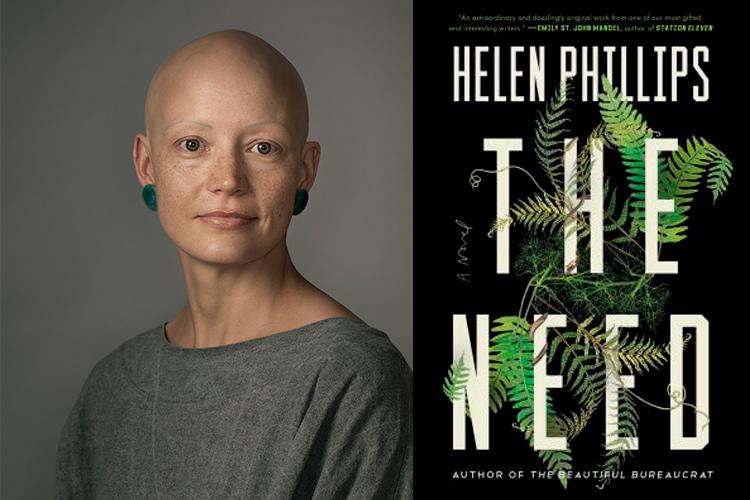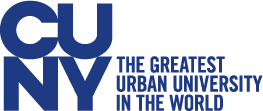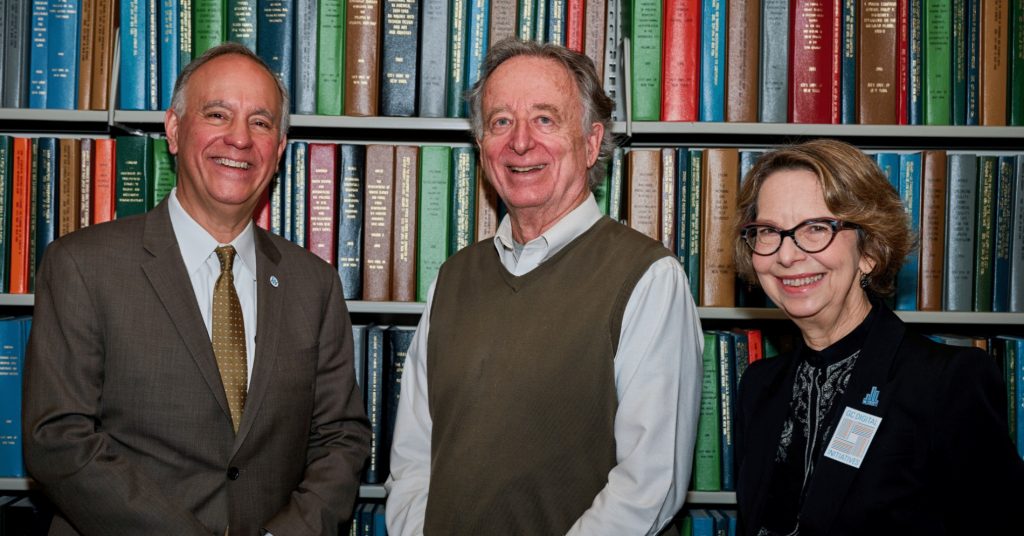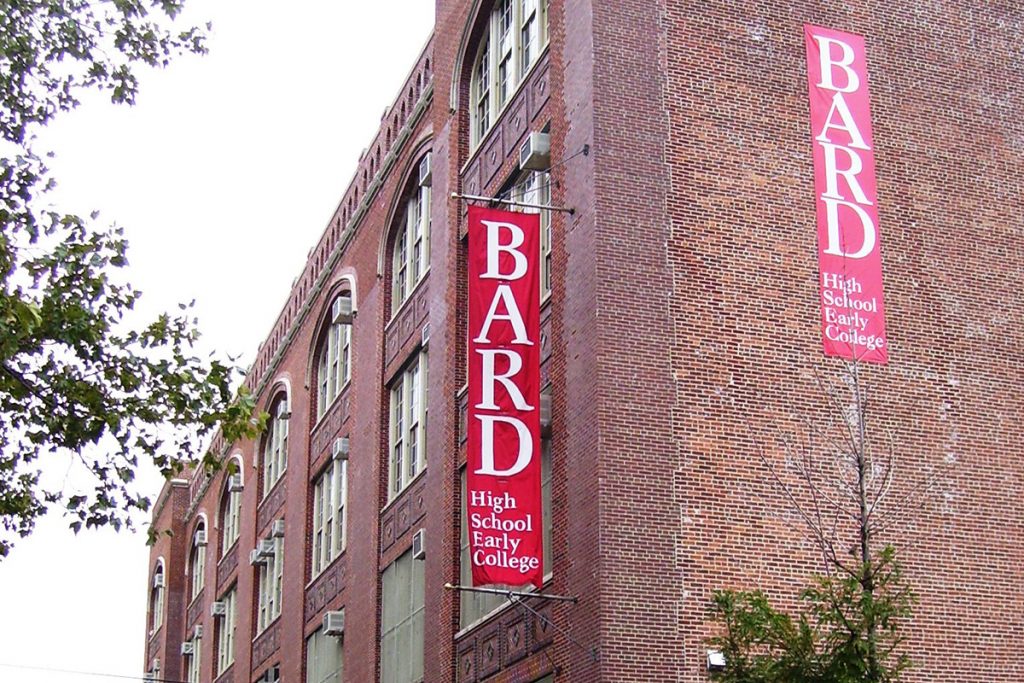Back in 2005, Helen Phillips was a young writer living in New York City, working odd jobs, writing a novel and hoping to get into a Masters of Fine Arts program. Then one day the phone rang and her life changed.
It was Pulitzer Prize-winning novelist Michael Cunningham, then the director of Brooklyn College’s MFA program, calling to say she had been accepted.
“That was a life-changing day for me and I certainly didn’t know just how life-changing a day it was, or that I might be spending the rest of my life and career at Brooklyn College,” said Phillips, who went on to publish four acclaimed works of fiction and now serves on the faculty at her alma mater. “Brooklyn College has been the foundation of my creative life in so many ways.”
Phillips’ 2019 novel, The Need, was long-listed for a National Book Award and in 2020 she won a Guggenheim Fellowship. Her success, while both hard-earned and richly deserved, is hardly unique, however, among City University of New York alumni.
Among numerous other CUNY alums heralded for their literary work are Robert Jones, Jr., whose debut novel, The Prophets, garnered a Page One critique in The New York Times Book Review; Ocean Vuong, a prominent poet whose debut novel, On Earth We’re Briefly Gorgeous, has won or been nominated for two dozen literary awards; Phil Klay, who followed his National Book Award-winning debut short story collection, Redeployment (2014), with a much-praised novel, Missionaries; Kaitlyn Greenidge, who just won a Guggenheim Fellowship and published her second novel, Libertie; Tracy O’Neill, who was named a National Book Foundation “5 Under 35” honoree in 2015 and published a second novel, Quotients, last year; and Lisa Ko, author of The Leavers (2017), which was a National Book Award finalist and winner of a PEN/Bellwether Prize for Socially Engaged Fiction.

“The City University of New York is proud of its remarkable track record for producing a diverse group of acclaimed writers trained by our committed and supportive faculty, who over the decades have been celebrated as great artists in their own right,” said Chancellor Félix V. Matos Rodríguez. “Now more than ever, these creative writing programs serve a critical function. We need engaged storytellers to help us communicate what we have collectively been through this past year, as we strive to listen to one another with open ears and empathetic hearts and create a post-COVID future that is more just and fair for all.”
These writers and their celebrated achievements are part of a long-standing literary tradition at CUNY. Throughout its 60-year history, the University has nurtured novelists, poets and playwrights thanks to its faculty, which has boasted winners of the National Book Award, Pulitzer Prize, Booker Prize, MacArthur Fellowships, Whiting and PEN American Awards, U.S Poet Laureate and New York State Poet Laureate, in addition to a host of other awards, grants and honors.
A Community of Writers
CUNY’s faculty has counted many great poets through the years — they include two-time U.S. Poet Laureate Billy Collins (Lehman College); pioneering poet and essayist Audre Lorde (Hunter); Grace Schulman (Baruch), who in 2019 was elected a member of the American Academy of Arts and Letters; Pulitzer Prize winners Gregory Pardlo (Medgar Evers/John Jay); Tyehimba Jess (the College of Staten Island); and Carmen Boullosa (Macaulay), a Mexican-born poet, as well as playwright and novelist. And now, thanks to the University’s highly regarded MFA programs at Brooklyn, Hunter, Queens and City Colleges, the University and its faculty are home to a growing list of noted prose writers, as well.
And while there is no shortage of noted graduate programs in the New York Metropolitan area, CUNY’s MFA programs stand out for their affordability — with tuition that is a fraction of those of private schools — as well as the diversity of their students and world-class faculty.
“I went to Brooklyn College because of the faculty and as a Caribbean writer, I was interested in attending a program with a diverse student body, hoping that I would encounter other Caribbean writers and immigrant writers as well,” said Maisy Card, whose debut novel These Ghosts Are Family won a 2021 OCM Bocas Prize for Caribbean Literature.
Card was accepted at a prestigious MFA program at a private Manhattan-based university but chose Brooklyn instead. “I was more interested in their faculty and it was a lot more affordable,” she said. Card cites Joshua Henkin, whose new novel, Morningside Heights, was just published, as a professor who impacted her writing.
CUNY’s diversity also attracts the kind of faculty that has become a hallmark of the University. “It’s a really wonderful community because the instructors are as diverse and as committed to the craft of writing and the world of literature as the students are,” said Maaza Mengiste, the assistant director of Queens College’s MFA in Creative Writing and Literary Translation, whose 2019 novel, The Shadow King, was a Booker Prize Finalist. “We come with so many different experiences and yet we are all part of a community that is looking to push the ways that we discuss literature, that is invigorating and exciting.”
It’s only fitting that Queens College, located in one of the most ethnically diverse counties in the country, should be home to one of the only MFA programs in the nation specializing in Literary Translation. In the last few years, Queens alumni translated acclaimed international writers into English, including: Anne Posten, a Fulbright winner whose translation of Anja Kampmann’s High as the Waters Rise was a National Book Award Finalist; Eric M. B. Becker, the editor of the literary journal Words Without Borders, which focuses on global literature; and Mike Fu, the first translator to render into English Stories from the Sahara, by 20th Century Chinese writer Sanmao.
Proud Tradition
CUNY’S tradition of writing programs dates back at least 50 years, when famed authors like Grace Paley, Susan Sontag, Gwendolyn Brooks, Donald Barthelme, Kurt Vonnegut, Edna O’Brien and Frederic Tuten all taught at the City College of New York. Tuten was also an alumnus.
“It’s a unique program in the CUNY system, we’re very open and diverse in terms of race, culture and age,” said Michelle Valladares, a poet and director of CCNY’s MFA in Creative Writing program, which this past spring admitted its largest cohort — 140 students — in the history of the 174-year-old college. “It’s such an incredible experience to witness and observe the stories that are coming out of the students in the program.”
CCNY storied alumni include Oscar Hijuelos, whose 1989 novel, The Mambo Kings Play Songs of Love, won a Pulitzer Prize; Ernesto Quiñonez, author of Bodega Dreams; and Walter Mosley, who last year earned the National Book Foundation’s 2020 Medal for Distinguished Contribution to American Letters for a prolific career in which he has published over 60 books, including novels, plays and works of nonfiction.
Like many CUNY students, Mosley was a nontraditional student — a 35-year-old computer programmer looking for a fresh start. Being accepted to CCNY “was a really great moment for me,” said Mosley. At CCNY he met legendary Irish writer Edna O’Brien, who encouraged him to write a novel. He did — in six weeks. “It was a really very supportive program situation,” said Mosley. “And unlike most of these crazy places, it didn’t cost you your future 15 years to pay off or something.”
Mosley felt so indebted to the college that he launched the CCNY Publisher’s Certificate Program “to integrate the New York publishing industry,” he said.
Teaching as “An Act of Empathy”
When renowned Australian novelist Peter Carey first came to Hunter College in 2003, he did so with the intention of creating the best MFA program possible. Hunter today boasts one of the most competitive programs in the nation. The program has counted among its faculty the likes of Claire Messud and Chris Adrian, and currently boasts ZZ Packer, Saïd Sayrafiezadeh and Mychal Denzel Smith, as well as poets Donna Masini and Tom Sleigh.
“If you look at the people who have taught (at Hunter), the one thing that is consistent is the quality of the faculty,” said Carey, who is one of just four people to have won the Booker Prize twice. “From my personal point of view, teaching is an act of empathy,” Carey added. “And it’s an act of not trying to get the students to do what you want to do, but figuring out what it is that they want to do and then helping them figuring out how to do that.”
Carey’s pride is evident as he rattles off the names of some recent novels by Hunter alumni: A Burning by Megha Majumdar; Little Gods by Meng Jin; Long Bright River by Liz Moore. “These are all people who I know personally and our faculty have taught, and that’s just lovely to see,” he said. “And there are more of course.”
Thanks to CUNY’s devoted faculty, there is more, and will be, it seems, for some time to come.
“I just read a thesis that needs to published as soon as possible,” said Mengiste. “That’s CUNY. It’s really exciting.”








Facebook Comments